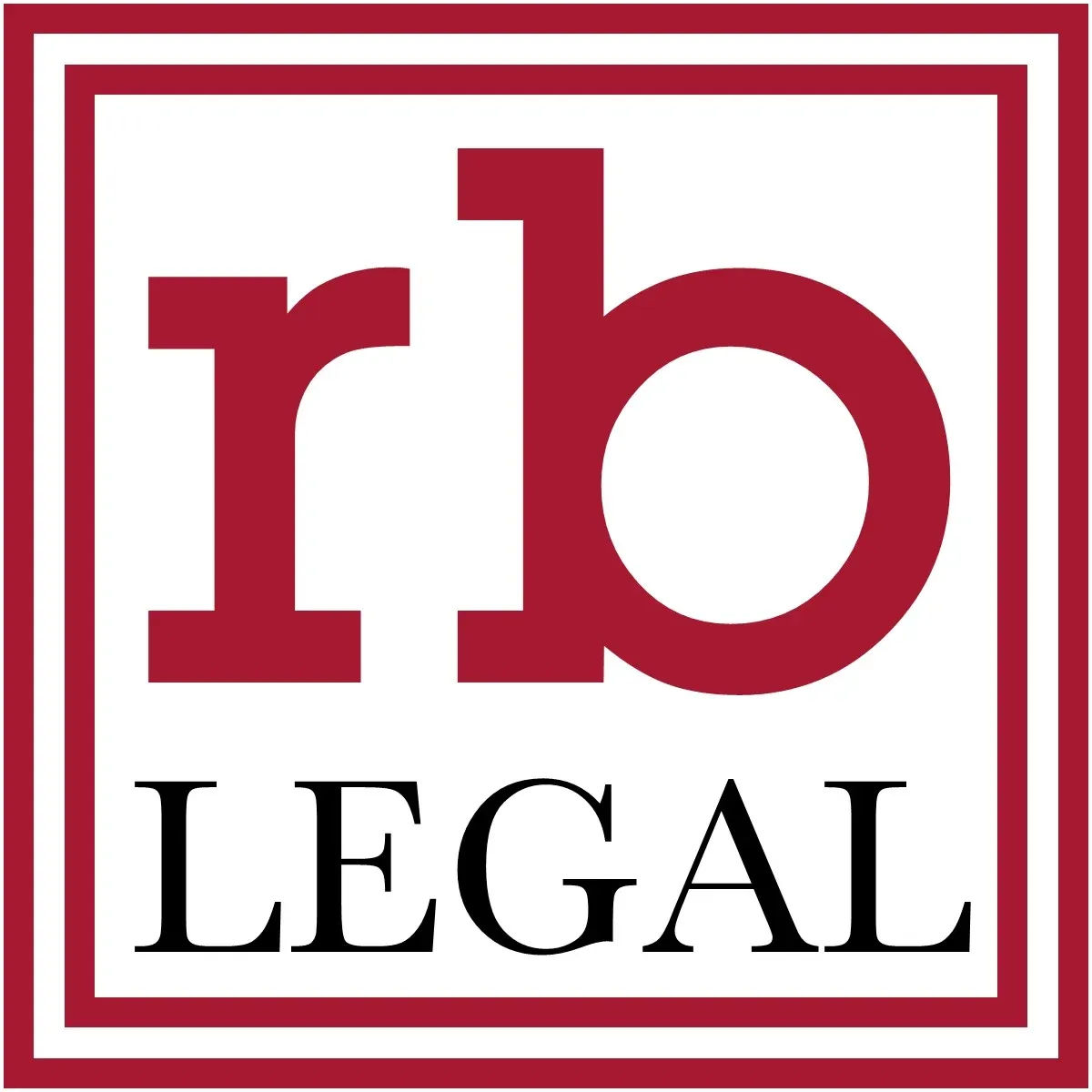Probate Administration
When a loved one passes away, managing their estate can be a daunting and emotional process. Probate administration involves the legal process of settling an estate, ensuring that debts are paid and assets are distributed according to the deceased's wishes or state law if there is no will. At rb LEGAL, we are here to guide you through this complex procedure with compassion and expertise, helping you navigate each step smoothly and efficiently. Our goal is to alleviate your stress during this challenging time and provide you with the support you need.
Navigating Probate with Compassion
Understanding the probate process is crucial for anyone dealing with the loss of a loved one. This process involves validating the will, inventorying the deceased’s assets, paying debts and taxes, and distributing the remaining assets to beneficiaries. Each estate is unique, and the process can vary based on the size and complexity of the estate, whether there are disputes among beneficiaries, and whether the deceased had a comprehensive estate plan in place. Our experienced team is dedicated to making this process as straightforward as possible, meeting all legal requirements and settling the estate in a timely manner.
Validating the Will
The first step is to prove the will's authenticity in court, ensuring it meets all legal requirements.
Inventory of Assets
A thorough inventory of the deceased's assets, including property, investments, and personal belongings, is essential.
Paying of Debts and Taxes
All outstanding debts and taxes must be settled before distributing the remaining assets to beneficiaries.
Distributing Assets
Assets are distributed according to the will or, if no will exists, according to state law.
Handling Disputes
Disputes among beneficiaries can arise; having legal guidance can help resolve conflicts efficiently.
